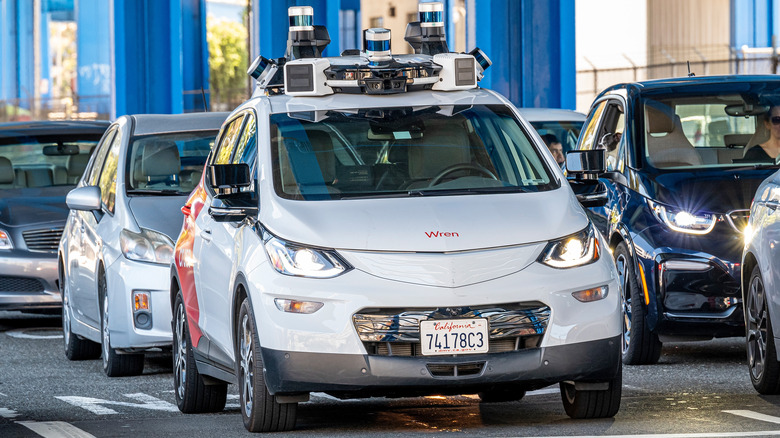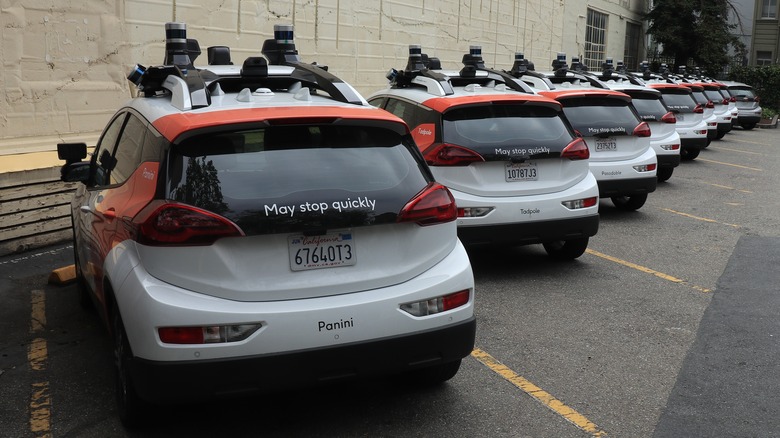Waymo And Cruise Robotaxis Get The Green Light To Operate 24/7 In San Francisco
Self-driving car companies Cruise, owned by General Motors, and the Google-owned Waymo have operated their autonomous ride-sharing service in the San Francisco area for a while now. However, they had to abide by certain restrictions the California Public Utilities Commission (CPUC) laid out.
For example, the regulatory agency restricted Cruise's robotaxis from servicing fared passengers outside 10 p.m. to 6 a.m. without a safety driver. If a safety driver was present, the robotaxis could serve fared and non-fared customers anytime. Waymo's restrictions were similar to Cruise's, with only minor differences.
On August 10, CPUC voted three to one to allow Cruise and Waymo to provide their autonomous services 24/7. CPUC Commissioner John Reynolds called the decision "the first of many steps in bringing AV transportation services to Californians."
However, there was a fair bit of opposition to the resolutions. Many raised concerns about how unleashing the floodgates on self-driving cars will affect traffic. In addition, city officials are worried that incidents of autonomous vehicles hindering emergency services will escalate.
Many believe this will do more harm than good
During the hearing, The Verge reported that many concerned residents took the opportunity to outline why they believe self-driving taxis are bad for San Franciso. A recurring sentiment was that the city does not need more cars on the road. It's hard to fault their concerns, as San Francisco is already one of the most congested cities in the world. They also pointed out that these automated cars can stop in the middle of intersections due to errors, causing more traffic slowdowns.
Leading up to the vote, some city officials sought to delay the hearing because of the many incidents of autonomous vehicles blocking emergency vehicles. Jeanine Nicholson, chief of the San Francisco Fire Department, told the Washington Post that there were 66 incidents logged by the fire department of self-driving cars interfering with emergency operations. This includes blocking fire engines and inserting themselves into areas where live fires were blazing.
In response to these concerns, commission president Alice Busching Reynolds stated, "We do expect the AV companies to engage with first responders, with law enforcement, with city officials, and we do expect actions to address concerns."
The CPUC explained that the self-driving car companies have met all the state's regulatory framework obligations. That said, commissioner Darcie Houck noted that if more incidents occur, the CPUC could vote to restrict or revoke the companies' newly obtained licenses.

